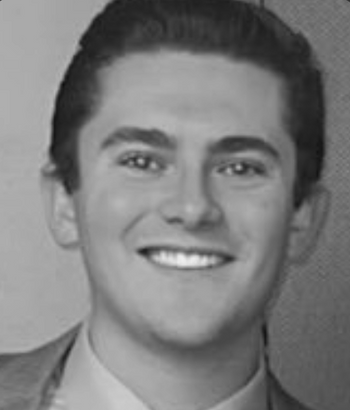PSU prof posts pic of 'queer ecologies' course that 'rethinks the nature of nature'
Portland State University Professor Peter Boghossian tweeted a photo of a flyer advertising a "Queer Ecologies" course.
The course discusses, among other things, "Queering settler colonialism" and "Queer Animals."
Portland State University is gearing up to offer students a gender studies course that asks students to “rethink the nature of nature”.
Topics of study in the class will include “Queer Animals,” “Queering settler colonialism,” and “Queer Environmental Futurity”. The goal, according to the announcement, is for students to “reimagine nature through a queer lens” and “explore” how gender, sexuality, and “queer experience” are linked to concepts such as “settler colonialism.”
In addition to studying sociological and political theory to explain “nature,” the announcement adds it will also examine the “role that science plays in defining nature.”
The course is tentatively scheduled to be taught by Lisa Weasel, chair of the Department of Women, Gender, & Sexuality Studies and a professor of biology. Weasel obtained a Ph.D. in molecular biology at the University of Cambridge and focuses on “public engagement with science,” according to her Portland State University biography. ‘
Topics of her focus include feminist science studies, intersectionality, and food justice.
News of the course announcement broke on Twitter after Peter Boghossian, an assistant professor of philosophy at Portland State University, sent a tweet with a copy of the course announcement.
— Peter Boghossian (@peterboghossian) December 10, 2019
Commentators like Dave Rubin, host of the widely subscribed YouTube show The Rubin Report, also tweeted about the course. “Queer Settler Colonialism’ is my personal favorite…,” Rubin quipped. Boghossian responded, “That was also my favorite!”
That was also my favorite!
— Peter Boghossian (@peterboghossian) December 10, 2019
[RELATED: PSU punishes prof who duped academic journal with hoax ‘dog rape’ article]
The course will count for four academic credits at the university and will be available for students to take beginning 2020.
Campus Reform reached out to Dr. Weasel for additional information about the course but did not receive a response in time for publication.
Follow the author of this article on Twitter: @TonyDLeonardi

